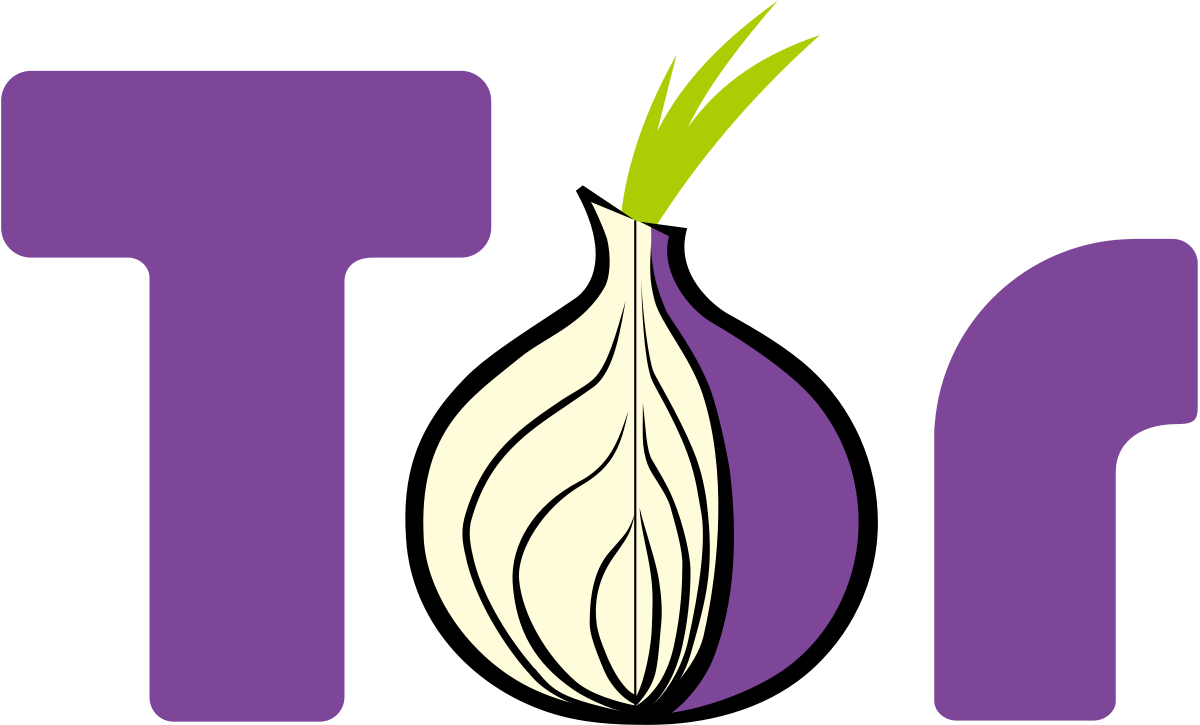Featured
Table of Contents
Vpn Vs Tor: The Differences, Which One Is Better?
The developers explain Tor as software that helps secure you online. When you use the Tor Browser, it reroutes your internet traffic through the Tor network of volunteer servers scattered around the world.
Assists bypass geoblocking and censorship: if some website is blocked in your country, Tor can permit you to access it. Your connection can only be as quickly as that of the slowest node.

Utilizing it to download files decreases your internet connection much more. Numerous Tor users would have to wait 3 times as long to download something. Node vulnerability: if you're not using an HTTPS connection, your data is visible on the exit node. As Tor runs on a volunteer network, you can't understand if your data isn't being obstructed.
Vpn Vs Tor 2023 Comparison: 8 Tests, 1 Clear Winner
Bad for accessing specific geoblocked content: it's not easy to gain access to geoblocked content that is only available in a single nation. Random node selection means you can't actually control the nation where your exit node and the IP service reads will be. Limited ease of access to sites: some daily sites block Tor network connections.
Having the ability to choose what server you'll link to, just routing data via a single server, and having the business take care of the servers guarantees that the VPN connection is nearly as quick as using vulnerable web. Nevertheless, this technique is more expensive to maintain. Excellent internet speed: given that VPNs just bounce your signal via a single server, your connection is much quicker.
This permits Tor to guarantee that none of the servers understand both the sender of the data and its destination, while a VPN warranties better speed and a real option of server. Significantly, a VPN can offer a multiple-server feature. Dynamic Multi, Hop permits Surfshark VPN users to choose 2 servers to route their information through.
Vpn Vs Tor — Which Is Better?
If your web traffic links to the VPN server before the Tor network, the VPN server spoofs your IP. That implies that even if the Tor entry node is jeopardized, the interested celebration will not be able to get your IP address.
However if you're utilizing Tor, you're not doing so for speed. As long as you have actually a relied on VPN provider, using the Tor web browser with a VPN may be a deserving compromise. Tor and VPNs are personal privacy tools with similar functions. However, they work very differently and have unique advantages and disadvantages.

Tor is much safer for sharing delicate details or anything else that may put you at danger. In general, it's mainly for browsing it's sluggish and not fit for downloading files or streaming. A VPN, on the other hand, is much quicker. It can likewise offer the same levels of security and personal privacy if you have a great and trusted provider.
Tor Vs Vpn: Which One Is Better For You?
For example, Tor will encrypt the Spotify website but not the app, while a VPN will secure both. Sort of. Tor runs your information through numerous layers of encryption at the same time, while VPN service providers typically only use one layer. Still, Tor just secures the traffic that goes through the browser itself.
Yes. Tor conceals your IP when you are looking for something on Tor. It is very important to note, however, that this only uses to the internet browser itself. Any traffic that does not go through Tor will be exposed. Utilizing a VPN with Tor can result in web speed slowdowns: You are routing data through four servers; The VPN server and the Tor entry server might lie far apart.
VPN is much better for streaming, downloading, and other everyday uses. In brief, the difference is that Tor paths your internet traffic via 3 random servers and encrypts it 3 times, VPN routes it by means of a single server of your option and secures it when, and a proxy simply routes your traffic through a single server.
Tor Vs Vpn – What Is The Difference Between Them?
No matter why you desire to stay incognito online, you're likely to choose a Virtual Private Network (VPN) or Tor internet browser. To put it simply, Tor is best for those transmitting delicate info.
Let us assist you decide which one is finest. Here, we'll delve into the following concerns. Tabulation Tor and VPN are tools used to remain confidential online. These two perform similar but various functions. The Tor web browser is a totally free, open-source job allowing you to surf the web anonymously.
Yes, the name sounds ridiculous, but the idea behind it is dazzling: the Tor browser network is constructed of layers upon layers of independent nodes run by Tor users. A VPN assists you secure your online privacy by producing a safe connection to any network or server online.
When To Use Tor Or A Vpn - Privadovpn
The crucial distinction in between Tor and a VPN is that there are several VPN tools and service companies readily available however just one Tor web browser network. Tor counts on a decentralized layer of independent nodes to transfer information safely, while VPN software connects to a central server to offer a protected VPN tunnel.
Latest Posts
8 Best Vpns For Business To Safeguard Your Network And ...
The 5 Best Business Vpn To Secure Your Team In 2023
2022 Top Picks: 7 Best Vpns For Mobile Phones